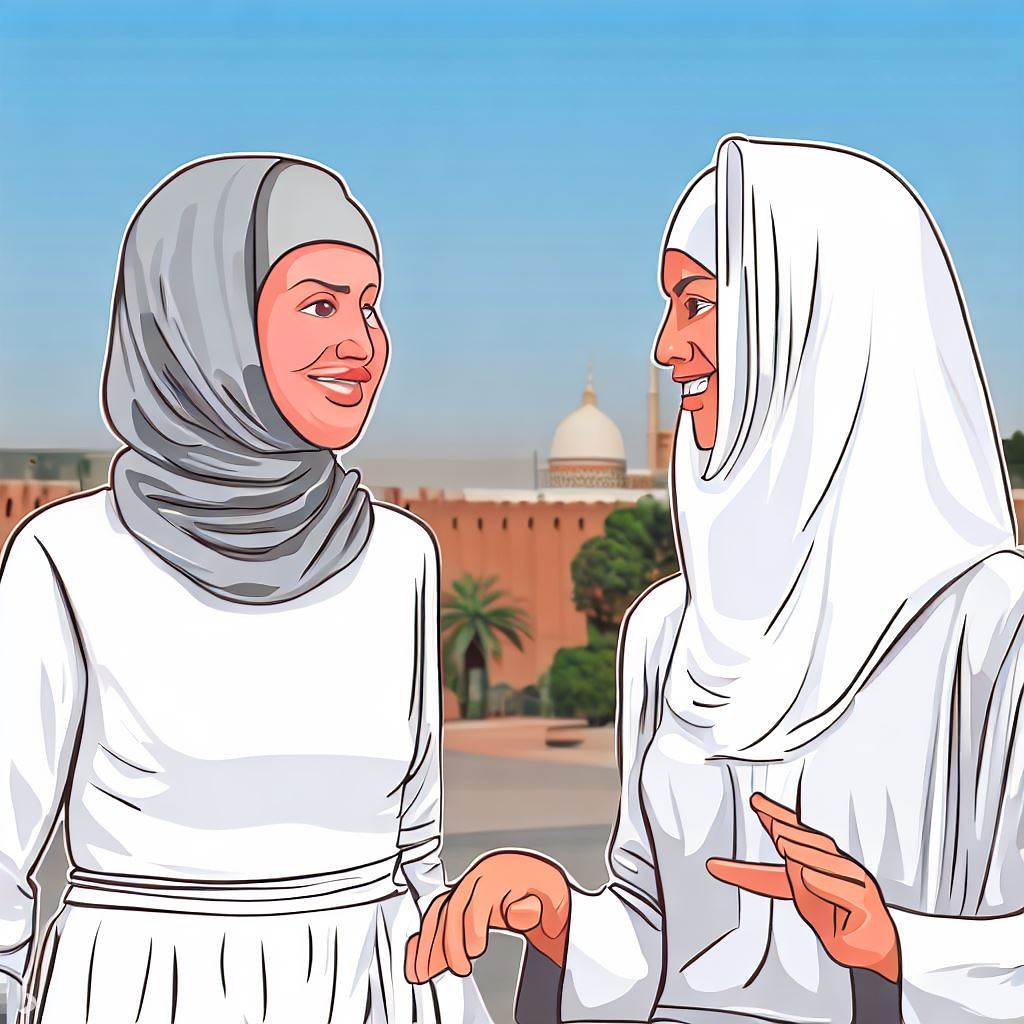
Do I Need to Wear a Headscarf in Morocco? Understanding Cultural Norms and Dress Codes
Morocco, a country known for its rich history, vibrant culture, and breathtaking landscapes, is a top destination for travellers worldwide. As with any foreign country, understanding and respecting local customs and traditions is essential. One of the most frequently asked questions by female travellers heading to Morocco is, "Do I need to wear a headscarf?" This article delves deep into this topic, providing insights into the cultural norms, expectations, and the significance of the headscarf in Moroccan society.
Table of Contents
- The Significance of the Headscarf in Morocco
- To Wear or Not to Wear: What's Expected?
- Common Misconceptions About the Headscarf
- Key Takeaways
- Conclusion
The Significance of the Headscarf in Morocco
Historical Context
The headscarf, commonly referred to as the 'hijab' in Arabic, has deep historical roots in the Islamic world. In Morocco, it's more than just a piece of cloth; it symbolises modesty, respect, and religious devotion. Historically, women in Morocco have worn headscarves as a sign of their commitment to their faith and as a mark of their cultural identity.
Religious Implications
Islam, the predominant religion in Morocco, emphasises modesty in both behaviour and dress. While the Quran does not explicitly state that women must wear a headscarf, it does advocate for modesty. Over the years, this has been interpreted in various ways, leading to diverse practices across the Muslim world.
Modern-Day Interpretations
Today, the decision to wear a headscarf in Morocco is a personal one. Many women choose to wear it as a sign of their faith, while others opt for a more liberal approach to dress. The country's progressive outlook, especially in urban areas like Marrakech and Casablanca, means that women have the freedom to choose how they wish to express their identity.
To Wear or Not to Wear: What's Expected?
Tourist Areas vs. Rural Regions
In tourist-heavy areas, locals are accustomed to seeing foreigners dressed in a variety of styles. While it's not mandatory for female tourists to wear a headscarf, dressing modestly (covering shoulders and knees) is appreciated. However, in rural areas or religious sites, wearing a headscarf can be seen as a sign of respect for local customs.
Special Occasions and Events
If you're attending a religious ceremony or visiting sacred places, wearing a headscarf is highly recommended. Not only does it show reverence, but it also allows for a more immersive experience.
Common Misconceptions About the Headscarf
- It's Mandatory for All Women: This is not true. Many Moroccan women choose not to wear a headscarf, especially in urban areas.
- Only Muslim Women Wear It: While the headscarf is rooted in Islamic tradition, some non-Muslim women wear it out of respect or personal preference.
- It's Oppressive: Many women wear the headscarf by choice and view it as a symbol of their faith and identity.
Key Takeaways
- The headscarf in Morocco is a symbol of modesty, respect, and religious devotion.
- While it's not mandatory for tourists, wearing one in rural areas or religious sites is appreciated.
- Morocco's progressive outlook means women have the freedom to choose their dress.
Conclusion
Morocco is a country of contrasts, where ancient traditions meet modern sensibilities. The question of whether to wear a headscarf while visiting is less about adhering to strict rules and more about understanding and respecting the local culture. By being mindful of where you are and the context in which you're moving, you can navigate this beautiful country with sensitivity and grace. Remember, travel is as much about immersing oneself in a new culture as it is about sightseeing. So, embrace the experience, respect local customs, and enjoy the rich tapestry that is Morocco.
See Also: A Comprehensive Guide to Weather in Agadir by Month
See Also: The Ultimate Agadir Guide: Discover the Jewel of Morocco
For more travel essentials and tips, check out our Travel Essentials Reviews and Travel Hacks. If you're planning to fly soon, don't miss our Helpful Tips When Flying. Looking for hotel deals? Check out Booking.com and our own hotels finder.
For the best flight deals, we recommend Flight Plan Book and Kiwi.
Note: This article is intended to provide a general overview and may not include all aspects of the topic. Always conduct your own research and consult with local experts when travelling.



